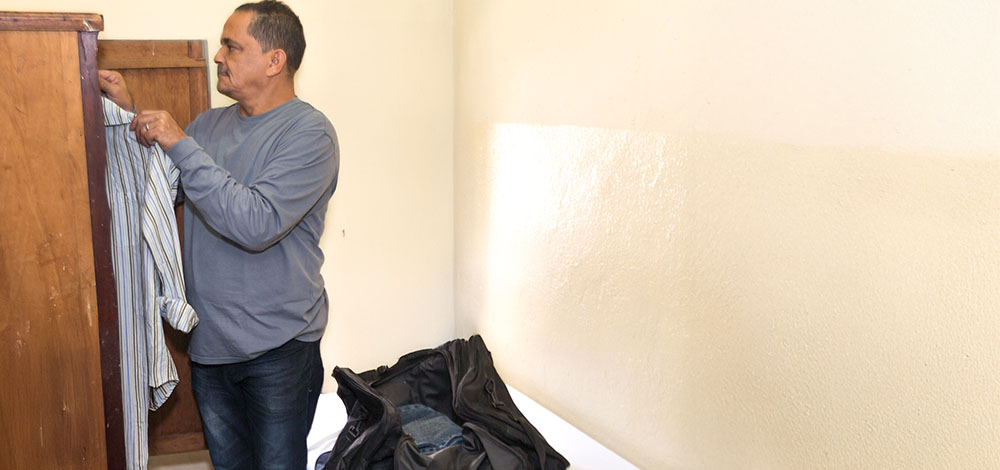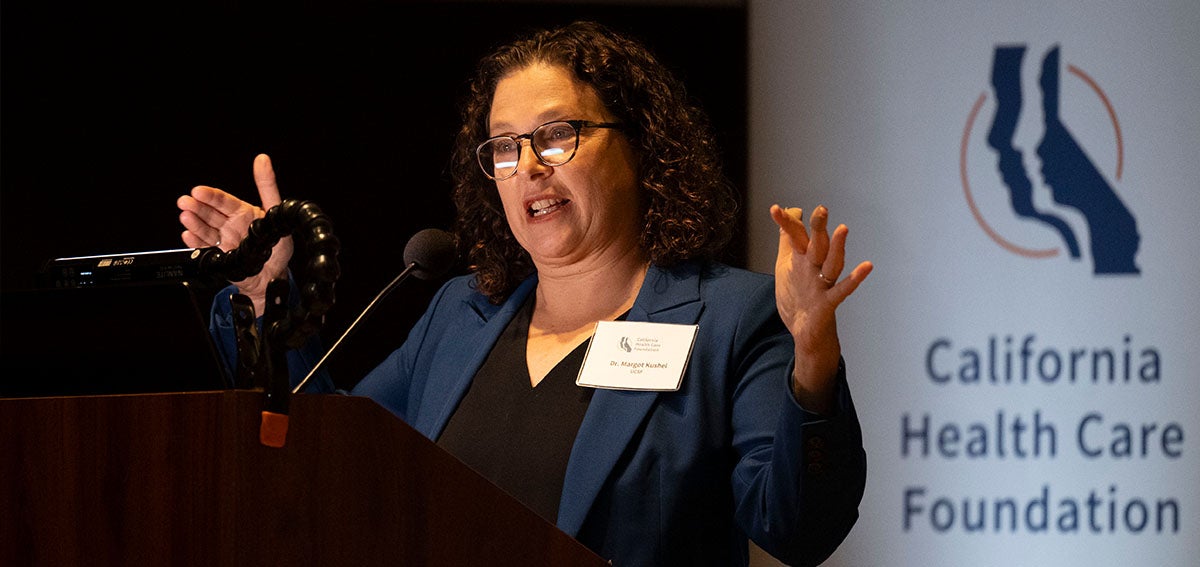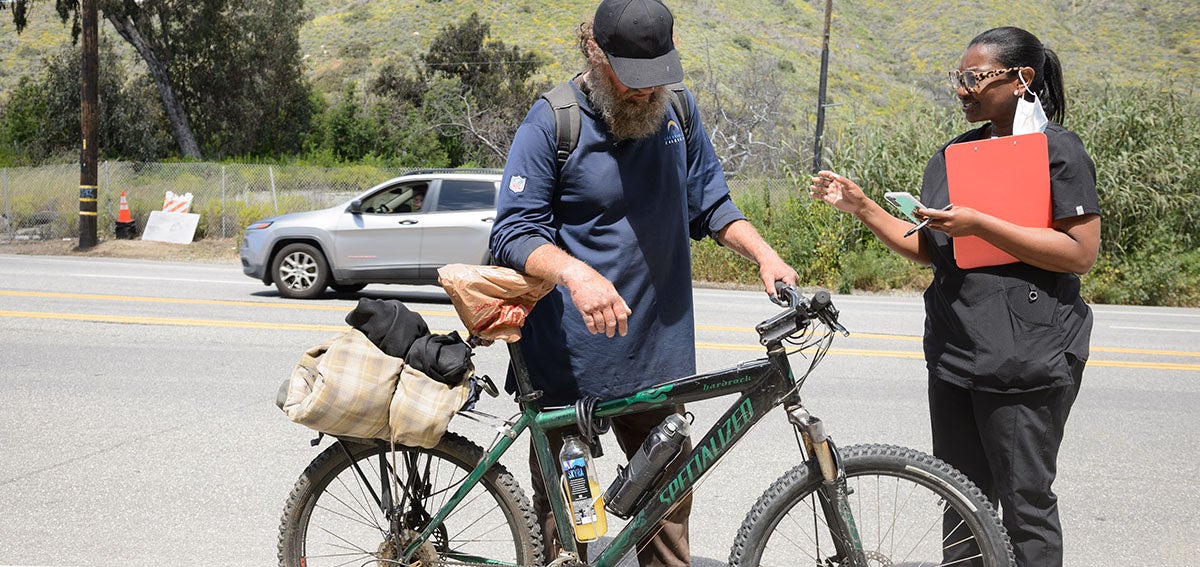
The number of people experiencing homelessness is at crisis levels in California, and there is clear public demand for policymakers to address it. Yet there are many conflicting ideas about how to do that. To design effective programs and policies to help people, we need to understand who is experiencing homelessness, how they became homeless, what their experiences are, and what is preventing them from exiting homelessness.
To answer these questions, the UCSF Benioff Homelessness and Housing Initiative conducted the California Statewide Study of People Experiencing Homelessness, the largest study of homelessness since the mid-1990s. Researchers recruited a representative sample of 3,200 people experiencing homelessness who completed a survey, and 365 participated in in-depth interviews.
The study demonstrated that most people become homeless primarily because the cost of housing has become unsustainable.
Researchers drew a direct connection between health and homelessness, noting that unsheltered homelessness is “devastating” to people’s health. Many study participants said that experiencing homelessness worsened their health, including their mental health. Of those who reported substance use, many said they used drugs or alcohol to cope with the circumstances of homelessness.
Key health findings from the study include these:
- 45% report poor or fair health
- 60% have a chronic illness
- About half have symptoms of serious depression and/or anxiety
The report provides policy recommendations, including several related to homelessness prevention, behavioral health, delivery of care outside of traditional health care settings, and health equity.
To guide their work, the researchers convened three advisory boards, one composed of people with lived experience of homelessness, another with leaders from each of the representative regions, and the final with people who work on local, state, and national homelessness programs and policies. The research was conducted between October 2021 and November 2022.
Both CHCF and the Blue Shield of California Foundation provided additional funding for the study.
A related project, Unhoused, a photographic and audio essay, invites you to meet some of the Californians coping with the state’s homelessness crisis and hear from them in their own words. It was produced with CHCF support.
Special Reports
Since publication of the initial study in July 2023, UCSF researchers have combed its data and are periodically rolling out special reports focused on specific populations.
Toward Equity: Latine Experiences of Homelessness looks at who experiences homelessness in the Latino/x community and profiles their health concerns. (June 2025)
Behavioral Health and Homelessness examines the relationship between homelessness, substance use, and mental health. The report illustrates how behavioral health challenges both contribute to and are exacerbated by homelessness. Watch an accompanying webinar. (March 2025)
Pregnancy and Homelessness examines who experiences pregnancy during homelessness, how they lost their housing, their experiences during homelessness, and barriers to regaining housing. (July 2024)
Toward Dignity: Understanding Older Adult Homelessness reviews who experiences homelessness in late life, how they lost their housing, their experiences during homelessness, and the barriers they face to regaining housing. Watch an accompanying webinar. (May 2024)
Toward Equity: Understanding Black Californians’ Experiences of Homelessness reviews who experiences homelessness in the Black community, what may have precipitated their homelessness, experiences during their episode of homelessness, and what impacts their return to permanent housing. An accompanying webinar explores the report’s findings. (February 2024)
Authors & Contributors
Margot Kushel, MD
Margot Kushel is professor of medicine at UCSF, division chief of the Center for Vulnerable Populations, and director of the Benioff Homelessness and Housing Initiative at Zuckerberg San Francisco General Hospital and Trauma Center.
Tiana Moore, PhD, MS, MA
Tiana Moore is policy director at the Benioff Homelessness and Housing Initiative.




